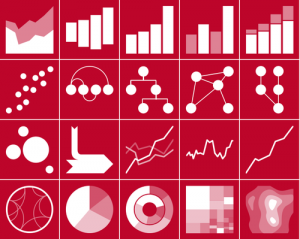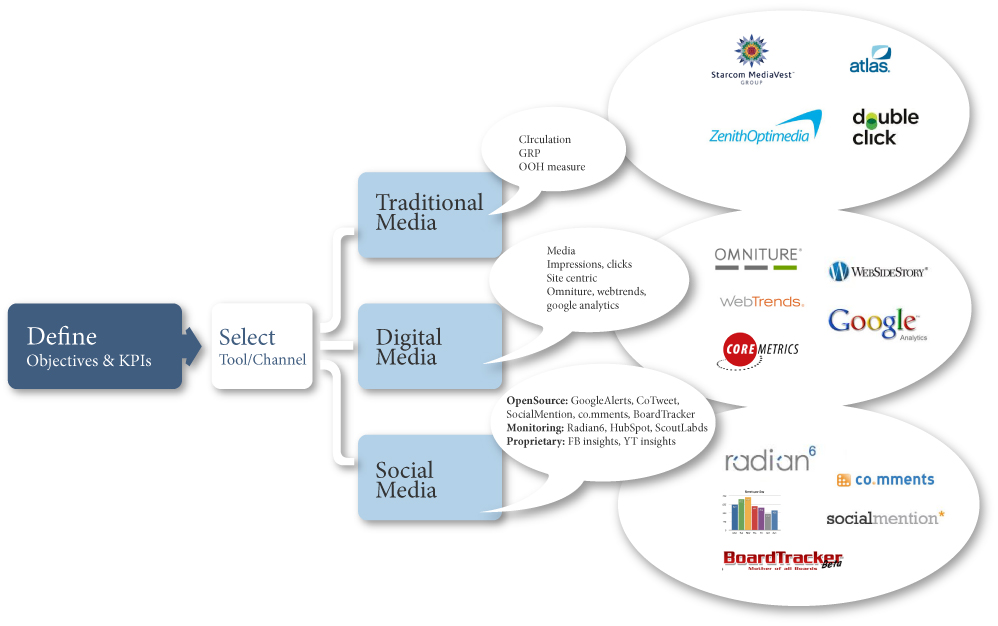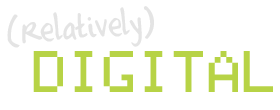 The title of this post is confusing, because data isn’t really new, but maybe we haven’t thought of it as a drug before. Data has been around in marketing as long as P&G and J&J have been developing new products and running focus groups, whether the data is quantitative or qualitative it has always existed, but for a long time, it was the realm of the geeks, of the dark corner research guys who scoured figures and charts trying to derive some sort of trend. Today with the advent of more data, and more tools to look at it, data has become open, available to everyone to come to their own conclusions, some right and some wrong; and now that we are all using it, you can’t afford to be left out. So why is data like a drug?
The title of this post is confusing, because data isn’t really new, but maybe we haven’t thought of it as a drug before. Data has been around in marketing as long as P&G and J&J have been developing new products and running focus groups, whether the data is quantitative or qualitative it has always existed, but for a long time, it was the realm of the geeks, of the dark corner research guys who scoured figures and charts trying to derive some sort of trend. Today with the advent of more data, and more tools to look at it, data has become open, available to everyone to come to their own conclusions, some right and some wrong; and now that we are all using it, you can’t afford to be left out. So why is data like a drug?
Once you start you can’t stop
We used to work based on knowledge and insight, planners would analyse the human condition and try to find a niche insight that was in line with one of the benefits of a product and hence a brief, a message and a creative idea. Today we don’t need to work in the dark, you can run research to find the need and test benefits to rank them in relation to the target audience. Suddenly the world becomes clearer and things that you had to take for granted can actually be quantified and proven. This doesn’t mean that data should replace hard thinking, but it does mean that we can work to confirm (or reject) our hypotheses in a scientific manner.
Once you’ve had a bit you want more and more
But data to help us plan is just the tip of the iceberg, feedback and optimisation are the places where data can help us win, and above that take our marketing to the next level. Getting insights before we launch a campaign can help us be more confident in our work, but getting results (sometimes in real time) can help us make it even better and drive more ROI. And the funny thing is that once you realise you can measure something, you just want to start measuring everything.
So what can we measure and how can the data help us? To begin with we can look to the web, a great quote always comes back to me:
The best thing about the internet is that you can measure everything, and the worse thing about the internet is that you can measure everything (anon).
The truth is that online everything measurable, we can look at visitors and clicks, and time spent on site vs the origin of the user, we can analyse the user journey vs the products bought, or the type of information that people share with their friends vs the types of site that they claim to never have visited. Depending on what you are doing online, their is potentially a tool to measure it – but they aren’t always free of charge!
I am a data junkie – I’ll admit it, and that is the first step to recovery. If there is data for something I want to see it and understand it, and if there isn’t data then I want to find a way to create it; I believe that everything can and should be measured and that we need to start applying this process to every single consumer touchpoint:
- TV Spots: Based on the call to action (if it exists) of a TV spot, we can compare the time that it ran to increases in keyword search, visits to the website or calls to a callcentre. We can also track (with lag) increases in brand awareness and visits to stores or products sold.
- Print Ads: By using vanity urls or specific offer codes, we can track users back to an individual publication, a month, or even a region.
- Outdoor: Since we know the geographic location we can use this to analyse increased web connection in that region, or a change in foot traffic in the local area.
- Web banners & search: These are so easy to track and the data so granular that we can figure out just about anything.
- Instore: Either with coupons or SMS short codes or even QR codes we can track who is interacting with messaging even right in front of the product.
- The list is endless – I challenge you to find a touchpoint that isn’t measurable
So we can see that one way or another, everything is measurable, we know that our insights get better with data and knowledge – what are you waiting for to start measuring?
P.S. For some fun data visualisation, visit www.chartporn.org

